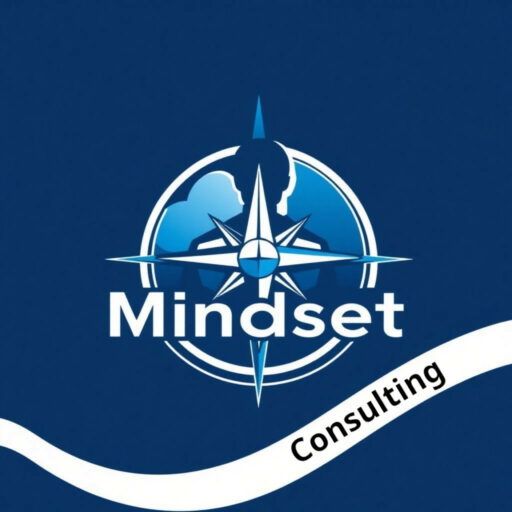This SWOT analysis highlights the key factors that can influence the success of a business’s initiative to empower itself through strategic planning, efficient operations and virtual or AI assistance. By understanding these elements, businesses can make informed decisions, adapt to market changes, and effectively navigate the competitive landscape.
Strengths
Strategic Planning Expertise:
The ability to develop comprehensive business plans and strategies is a significant strength. It ensures organizations have a clear direction, well-defined goals, and a roadmap to success.
Efficient Operations:
Streamlined administrative processes improve productivity, reduce costs, and enhance overall operational efficiency, allowing businesses to allocate resources effectively.
Customer-Centric Focus:
By prioritizing customer satisfaction, businesses can build loyalty, improve retention, and create a positive brand image, leading to long-term success.
Innovative Technology:
AI integration brings cutting-edge technology, offering advanced analytics, automation, and predictive capabilities, which are powerful tools for businesses to stay ahead of the competition.
Weaknesses
Employee Resistance:
Introducing and implementing new strategies might face resistance from employees due to fear of job displacement or the need for new skill sets.
Initial Implementation Cost:
Strategic planning and the implementation of Virtual or AI Assistance might require substantial initial investments, which could be a barrier for small businesses with limited resources.
Data Privacy and Security:
As more data is collected and AI systems are integrated, ensuring data privacy and security becomes critical. Potential risks include data breaches and ethical concerns.
Opportunities
Digital Transformation:
Embracing digital technologies and external assistance can revolutionize business processes, improve online presence, and attract new customers.
Partnerships and Collaborations:
Strategic partnerships could lead to joint initiatives, shared resources, and access to new markets, fostering innovation and growth.
Market Expansion:
AI-driven insights can identify new markets and customer segments, enabling businesses to expand their reach and diversify their offerings.
Threats
Competitor Adaptation:
As AI becomes more prevalent, competitors may also adopt similar technologies and strategies, intensifying market competition.
Regulatory Changes:
Shifting legal landscapes and data privacy regulations could impact AI usage and data collection practices, requiring businesses to stay agile and compliant.
Technological Obsolescence:
The rapid pace of AI development may render current technologies obsolete. Staying updated with the latest advancements is essential to maintain a competitive edge.
Strategic Recommendations
Sustain Strengths:
Continuously improve and innovate to maintain a strong customer focus and efficient operations. Regularly review and adapt business strategies to changing market dynamics.
Seize Opportunities:
Leverage external assistance for market research and expansion. Embrace digital transformation to stay relevant and competitive.
Anticipate Threats:
Stay informed about industry trends and competitors‘ moves. Continuously update your business models and strategies to maintain a strong market position.
Address Weaknesses:
Mitigate risks by investing in robust data security measures and providing employee training to address privacy concerns and build AI literacy.

